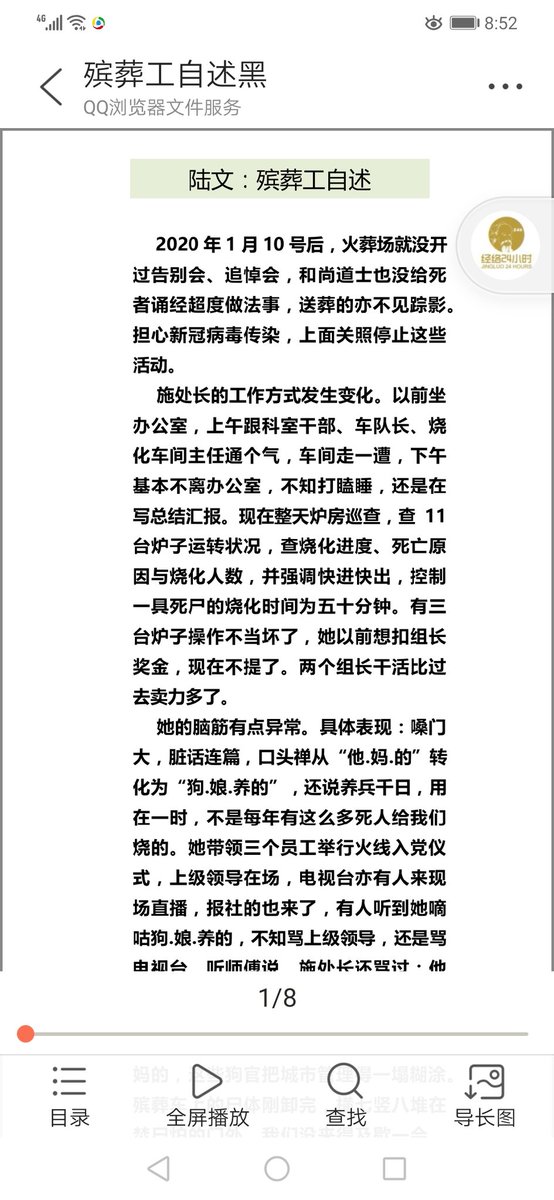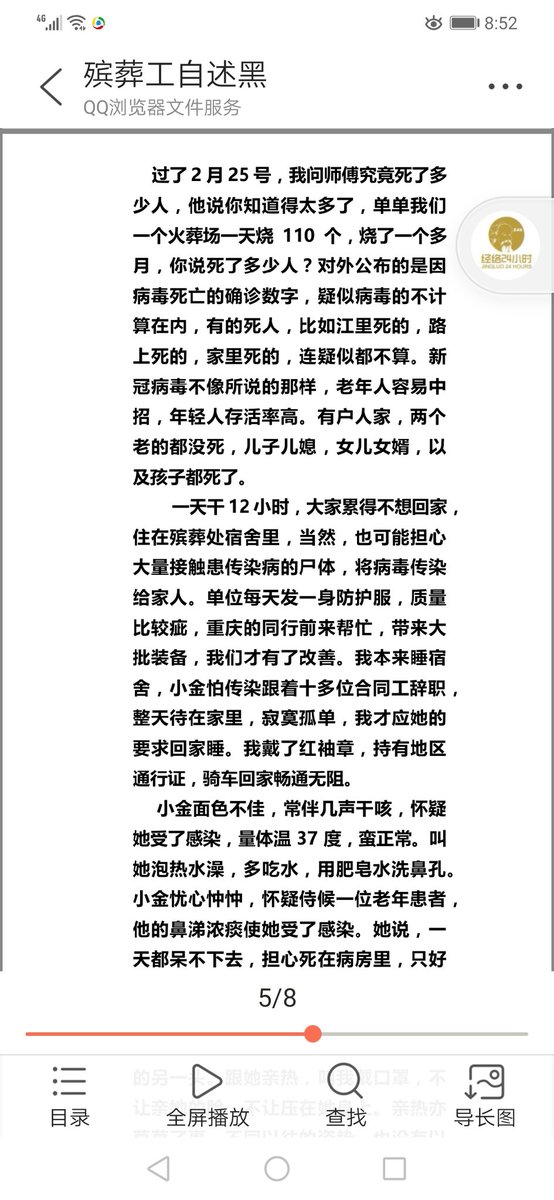2/n
Writing Emails to Professor; Important tips & Samples for your consideration
Every year, Profs get several emails from students & difficult to accept all. You want to ensure yours is concise & deserve a response. This thread will provide insight & some samples you can use.
1/n
2/n
3/n
4/n
1. Your email should not be verbose. Ideally, I'd keep within 3 paragraphs (something one can read in 2minutes)
2. You can attach CV & Transcript, but not in a drive or folder. Have it there as an attachment, they decide to open it or not
5/n
4. Ensure you have a signature (you can set it up in your email). If I ever sent you an email, you'd have seen mine- use something like that.
6/n
6. Be sure all your claims (either about their work or yours) are accurate. DON'T GIVE THE WRONG IMPRESSION.
7/n
8. Don't appear too desperate to join, show you have a value to add & convince them to believe in you.
8/n
More from Marketing
1. 10 Marketing Lessons From Steve Jobs That Every Marketer Must Know
10 Marketing Lessons From Steve Jobs That Every Marketer Must Know \U0001f9f5
— Alex Garcia \U0001f50d (@alexgarcia_atx) March 18, 2021
2. The Ad Campaign That Changed Advertising Forever
Volkswagen's "Think Small\u201d campaign quickly went from a head-scratcher to one that would change advertising forever.
— Alex Garcia \U0001f50d (@alexgarcia_atx) March 19, 2021
It took a small foreign object, crafted by Hitler, to America\u2019s most popular automobile.
By 1972, the VW Beetle became the best-selling car.
Here's the story \U0001f9f5 pic.twitter.com/Hu2s7zAJ3m
3. How Absolut Vodka Went From 2% Market Share to 50% With One Ad Campaign
Absolut Vodka launched a print ad campaign in 1981 that was so successful, they ran it for the next 25 years.
— Alex Garcia \U0001f50d (@alexgarcia_atx) March 20, 2021
By the end of it, Absolut Vodka went from a 2.5% market share to over 50%.
These 5 reasons made Absolute Vodka a global phenomenon \U0001f9f5 pic.twitter.com/vPblbvtNsx
4. Why Jeff Bezos named his online bookstore,
Amazon wasn't always Amazon.
— Alex Garcia \U0001f50d (@alexgarcia_atx) March 22, 2021
Jeff Bezos originally had trouble finding the right word to name the now trillion-dollar empire.
A few registered domains, a dictionary, and an interesting comparison made Amazon the perfect name.
Here's the quick backstory behind it \U0001f9f5 pic.twitter.com/trTKUMGQCR
50. Fastest-growing companies use growth loops
What was the common denominator in the fastest growing companies like Dropbox, Netflix, Yelp, and Instagram?
— Alex Garcia \U0001f50d (@alexgarcia_atx) May 9, 2021
Growth loops.
Not funnels.
Here are 6 examples of growth loops that will help you acquire and retain users \U0001f9f5 pic.twitter.com/Wu4i8ReQ62
49. 7 Proven growth hacking strategies (pt.1)
I've studied hundreds of growth-hacking strategies.
— Alex Garcia \U0001f50d (@alexgarcia_atx) May 7, 2021
These 7 are proven to work \U0001f9f5
48. Steal These 7 growth hacks (pt.2)
How did Facebook, Zapier, and Tinder drive growth early on?
— Alex Garcia \U0001f50d (@alexgarcia_atx) May 7, 2021
Growth-Hacking.
PayPal growth-hacked its way to 5M users in 3 months.
Tinder used sororities and frats to 3x their user base.
Steal these 7 growth-hacking strategies that led to millions of users\U0001f9f5
47. 15 Lessons to write viral Twitter threads
Twitter threads are the new blogs.
— Alex Garcia \U0001f50d (@alexgarcia_atx) May 6, 2021
Over the last 5 weeks, I've 32x my Twitter following posting a thread a day.
These 15 learnings will help your threads go viral \U0001f9f5
You May Also Like
Always. No, your company is not an exception.
A tactic I don’t appreciate at all because of how unfairly it penalizes low-leverage, junior employees, and those loyal enough not to question it, but that’s negotiation for you after all. Weaponized information asymmetry.
Listen to Aditya
"we don't negotiate salaries" really means "we'd prefer to negotiate massive signing bonuses and equity grants, but we'll negotiate salary if you REALLY insist" https://t.co/80k7nWAMoK
— Aditya Mukerjee, the Otterrific \U0001f3f3\ufe0f\u200d\U0001f308 (@chimeracoder) December 4, 2018
And by the way, you should never be worried that an offer would be withdrawn if you politely negotiate.
I have seen this happen *extremely* rarely, mostly to women, and anyway is a giant red flag. It suggests you probably didn’t want to work there.
You wish there was no negotiating so it would all be more fair? I feel you, but it’s not happening.
Instead, negotiate hard, use your privilege, and then go and share numbers with your underrepresented and underpaid colleagues. […]












